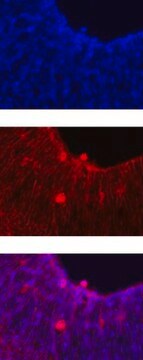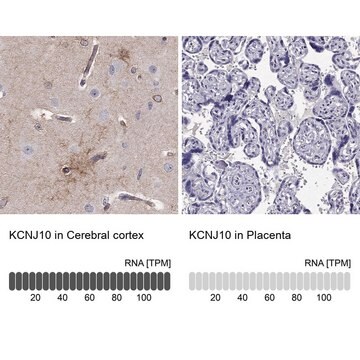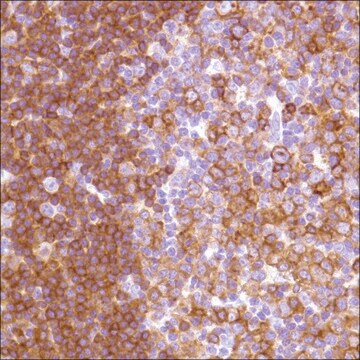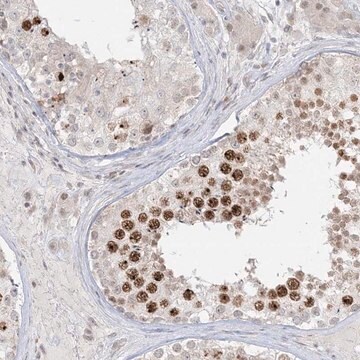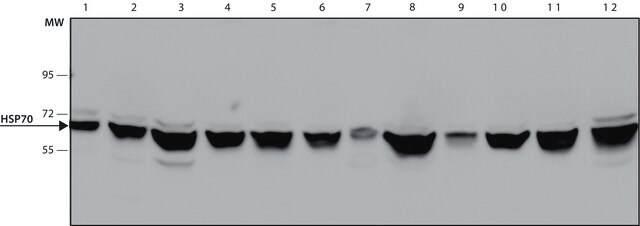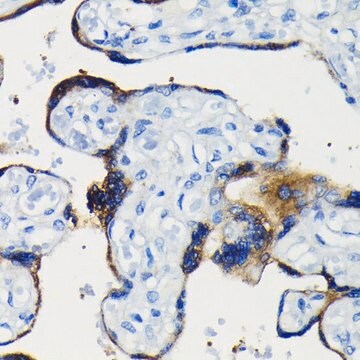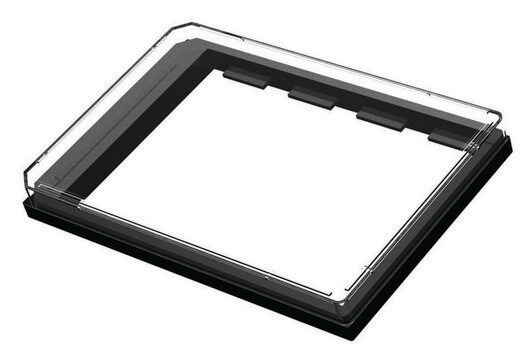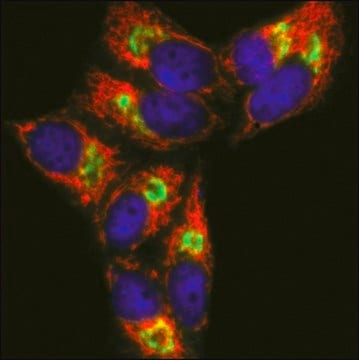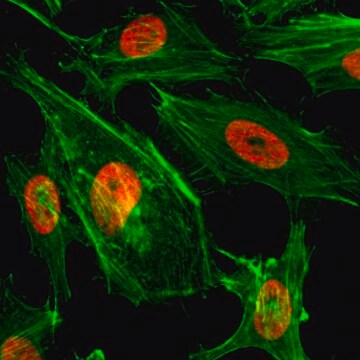SAB5200921
Monoclonal Anti-Notch1 - Percp antibody produced in mouse
clone S253-32, purified immunoglobulin
Synonym(s):
Anti-Motch, Anti-Neurogenic locus notch homolog protein 1, Anti-Neurogenic locus notch protein homolog, Anti-TAN1
About This Item
WB
western blot: suitable
Recommended Products
biological source
mouse
Quality Level
conjugate
Peridinin-Chlorophyll-Protein Complex
antibody form
purified immunoglobulin
antibody product type
primary antibodies
clone
S253-32, monoclonal
form
buffered aqueous solution
mol wt
antigen predicted mol wt >270, ~120 kDa
species reactivity
mouse, rat, human
concentration
1 mg/mL
technique(s)
immunocytochemistry: suitable
western blot: suitable
isotype
IgG1
NCBI accession no.
UniProt accession no.
shipped in
wet ice
storage temp.
−20°C
target post-translational modification
unmodified
Gene Information
mouse ... Notch1(18128)
General description
Immunogen
Biochem/physiol Actions
Features and Benefits
Physical form
Disclaimer
Not finding the right product?
Try our Product Selector Tool.
Storage Class Code
10 - Combustible liquids
WGK
WGK 1
Flash Point(F)
Not applicable
Flash Point(C)
Not applicable
Choose from one of the most recent versions:
Certificates of Analysis (COA)
Sorry, we don't have COAs for this product available online at this time.
If you need assistance, please contact Customer Support.
Already Own This Product?
Find documentation for the products that you have recently purchased in the Document Library.
Our team of scientists has experience in all areas of research including Life Science, Material Science, Chemical Synthesis, Chromatography, Analytical and many others.
Contact Technical Service